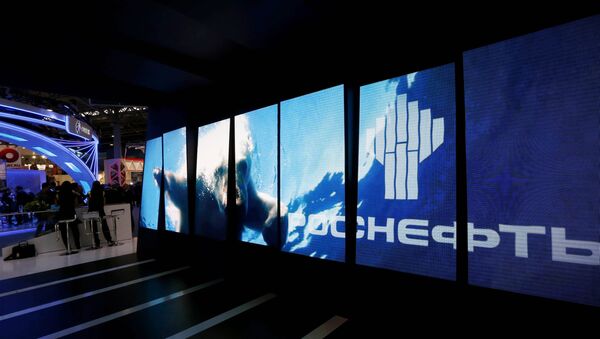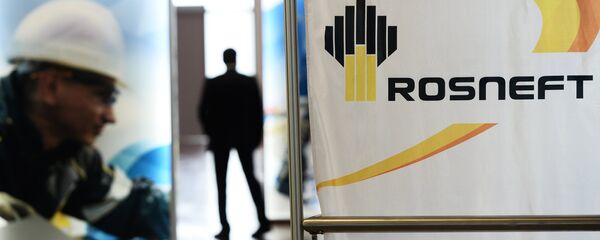He said Japan was currently importing about 25-30 million metric tons of petroleum products each year for refining.
"We have opportunities with the Eastern Petrochemical Company, an ambitious Rosneft investment project for the Russian Far East that stipulate construction of an oil refining and petrochemical complex. This also includes equipment delivery opportunities and the reasonable division of labor and specialization during expanded petrochemical production," Sechin added while speaking at an international conference on Russian-Japanese energy cooperation.
Joint fuel-loading operations also deserve attention, Mr. Sechin noted.
"Today, eastern Russia ranks among the most promising regions in terms of oil production and petro-chemical development, to say the least, in the context of global enterprise management. It has raw materials, a cheap and skilled workforce, as well as the large nearby Russian and Asia-Pacific markets that need petroleum products. Add to this the recreational potential of Russia's territories," Sechin noted. The investment attractiveness of Russia's energy sector is also influenced by a process that determines the ruble's flexible exchange rate, Sechin stressed.
"Now that global hydrocarbon prices have dropped appreciably, this creates certain advantages for the Russian oil and gas sector and guarantees the competitiveness of its new projects in terms of their cost outlays," Rosneft CEO noted.
The Eastern Petrochemical Company project stipulates construction of a three-stage petro-chemical polymer production facility in the Primorye Territory. In all, the facility would refine 24 million metric tons of oil and 6.8 million metric tons of petro-chemical feedstock annually.
Total project costs are estimated at 1.3 trillion rubles; and there are plans to complete the third stage by 2028.


